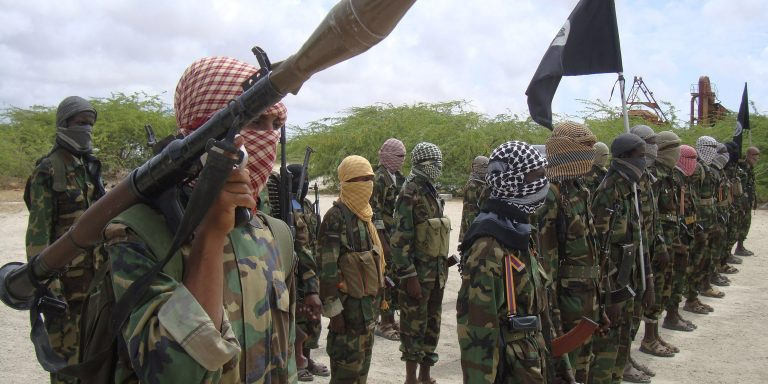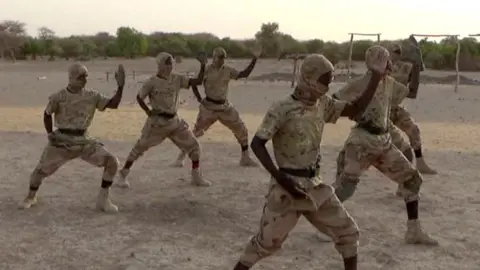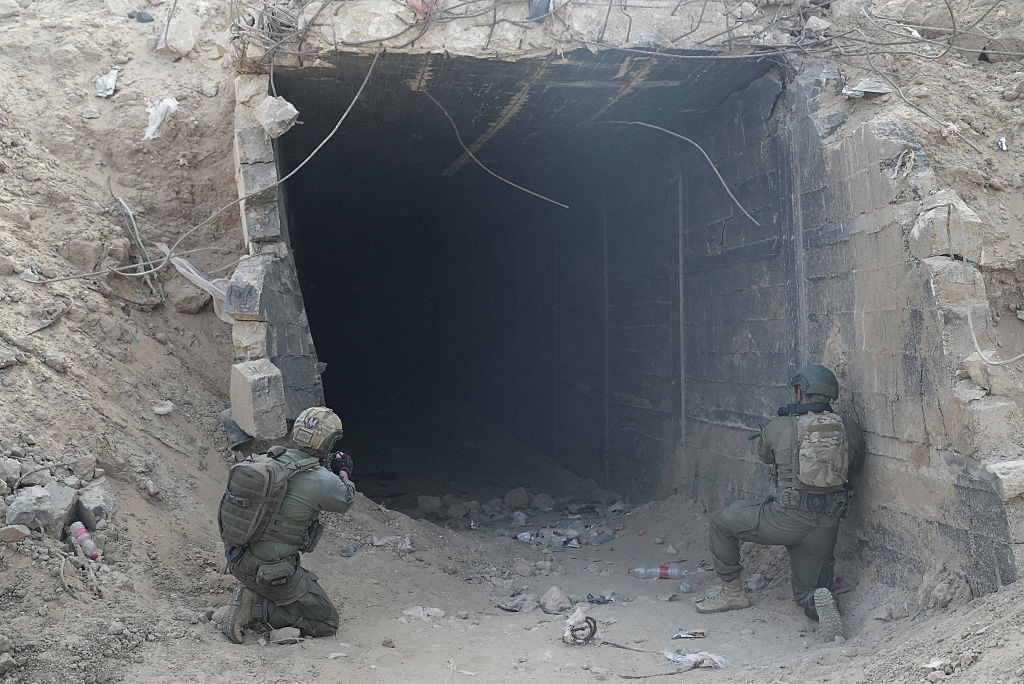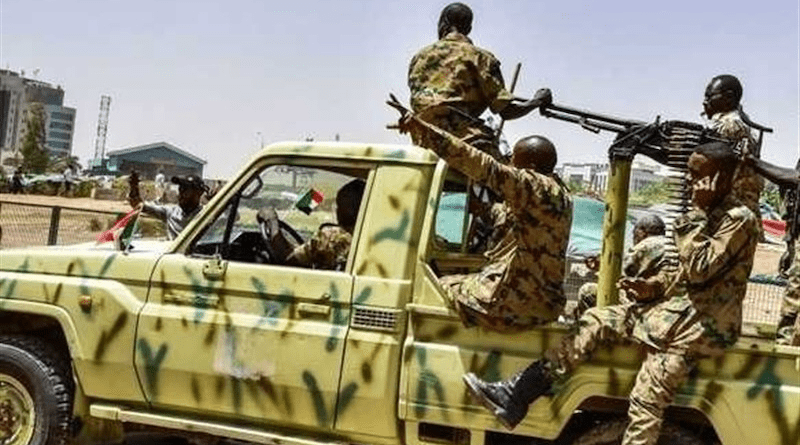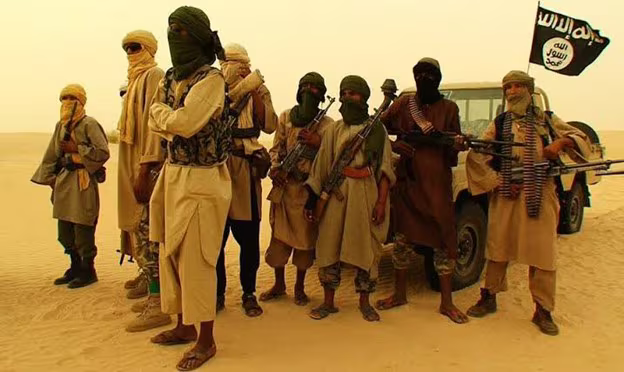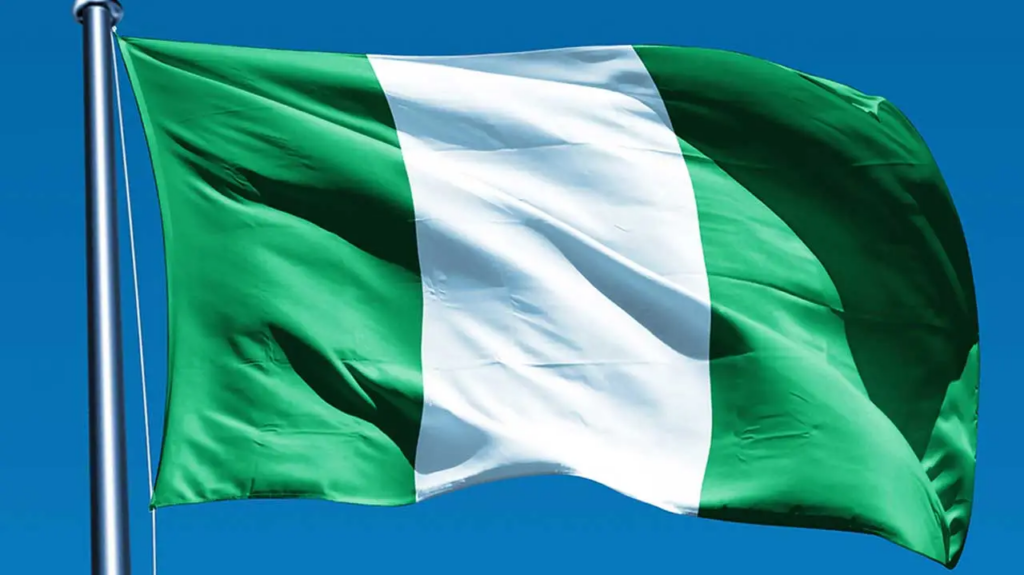Understanding China’s New Counterterrorism Ambitions in Africa
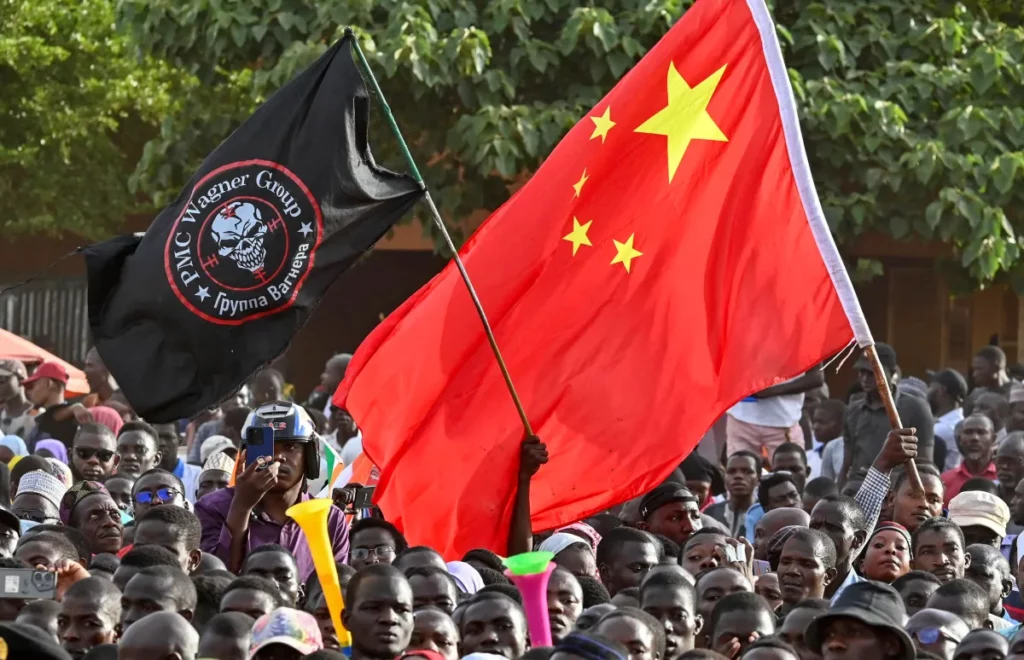
Abstract: China has recently been pursuing a much more aggressive stance in African security affairs, including playing a more engaged role in counterterrorism (CT). Where is China engaged in CT in Africa, and by what means? What challenges would China face in engaging more robustly in African CT? Most importantly, why is China newly expressing interest in engaging in the African CT landscape at this particular moment? In the main, this piece argues that despite ostensible rationales related to self-defense of economic interests and solidarity with African states, at its core, Beijing’s primary motivations for entering the African CT space are to diversify its means of influence in Africa beyond its historical “economics-first” approach. Recognizing that engaging in African CT is a high-risk but potentially high-reward activity (which other global powers have recently engaged in with mixed results), Beijing likely believes it has a new genre of CT assistance—less kinetic, more economic, and rooted in equitable partnerships—that represents a fundamentally new and productive means of gaining influence in Africa. Yet, China faces challenges in its African CT pursuits, including reconciling whether its cautious ethos can stomach the turbulent landscape of African terrorism; how to deal with a saturated African CT space; and how not to fall victim to the same pitfalls as other global powers that have recently engaged in African CT. Nevertheless, if China can prove that its cautious non-military-first approach is fundamentally different from existing CT value propositions from external states, Beijing could deeply rival, and potentially replace, Washington as the partner of choice for security cooperation in Africa.


